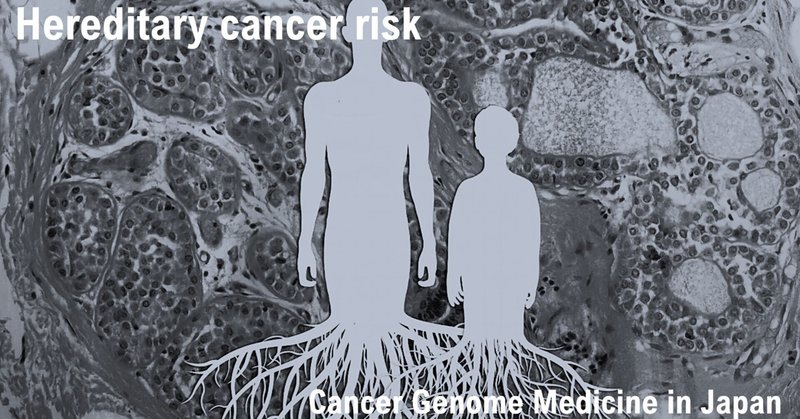
Reliability of Cancer Genome Medicine in Japan
The clinical study, reported in JAMA Oncology by Horton et al., asks the question: In what ways can adding RNA sequencing to germline genetic testing improve accuracy and clinical sensitivity over time compared to DNA sequencing alone? Horton et al. say that germline genetic testing has inherent uncertainty, while variant of uncertain significance (VUS) are often discussed, furthermore another major source of uncertainty is the accuracy of variant classifications. From the results of this clinical study, Horton et al. concluded that the addition of RNA sequencing to germline genetic testing expands the identification of individuals with hereditary cancer predisposition and increases opportunities for personalization of therapeutics and surveillance.
The treatment methods for a total of 3531 cases were examined using cancer genome panel examination (OncoGuideTM NCC oncopanel test (Riken genesis Co., Ltd. Japan): 813 cases and FoundationOne® CDx test (MF Inc. USA): 2,718 cases) in the cancer genomic medicine at Japanese national universities from December 2019 to September 2023. The Japanese Society for Medical Genetics considers 55 genes (APC, BRCA1/2, CDH1, CDKN2A, CHEK2, etc.) to be causative genes for hereditary cancer. Unlike the OncoGuideTM NCC Oncopanel test, the FoundationOne® CDx test does not examine for germline genes using hematopoietic cells collected from blood. Therefore, hereditary cancer is suspected in cases in which the FoundationOne® CDx test detects pathogenic variants (PVs) with variant allele fraction (VAF) values of 40% or higher in these 55 genes. To date, 258 cases of the 3,531 cases tested using cancer genome gene panel testing have been diagnosed with hereditary cancer. In Japan, BRACAnalysis (Myriad Inc. USA), which diagnoses hereditary breast and ovarian cancer (HBOC), was covered by health insurance at an early stage, so HBOC accounts for the highest number of cases (89 cases) among various hereditary cancer cases.
The cancer genome gene panel tests (OncoGuideTM NCC oncopanel test, FoundationOne® CDx test) used in Japanese cancer genomic medicine use a unique gene database developed by ClinVar and MFI. Both the ClinVar and MFI databases are constructed from the genetic mutations of each cancer type developed in peoples of Europe and America, so PV and Variant of Uncertain Significance (VUS) are determined based on the data of each cancer type in peoples of Europe and America. Because Japanese peoples and peoples of Europe and America do not have completely identical genes, the genetic mutations associated with the onset of each cancer type in Japanese peoples do not necessarily match the cancer types in peoples of Europe and America. Therefore, there is a need for reliability in the genetic mutations of each cancer type in Japanese people who are diagnosed as having VUS. BRCA2 S2616F detected by FoundationOne® CDx test and BRACAnalysis is determined to be VUS in the databases of ClinVar, MFI, Myriad, etc. However, recently, clinical research at a Japanese medical institution revealed that BRCA2 S2616F is a genetic mutation unique to Japanese people and is a likely pathogenic variant. Adding RNA sequencing to germline genetic testing will expand the identification of individuals with a predisposition to hereditary cancer. However, the use of databases constructed for each type of cancer in Europe and the United States results in incorrect test results being reported to Japanese patients and their families. The latest information must be constantly added to each gene's database and kept up-to-date. Furthermore, it is necessary to construct a database of genetic mutations for each cancer type for each race.
We do not have potential conflicts of interest.
Doctor specializing in Cancer Medicine・Doctor specializing in emerging infectious diseases
Published in JAMA Oncology in November 11, 2023. by Kyoto@takumaH
この記事が気に入ったらサポートをしてみませんか?
